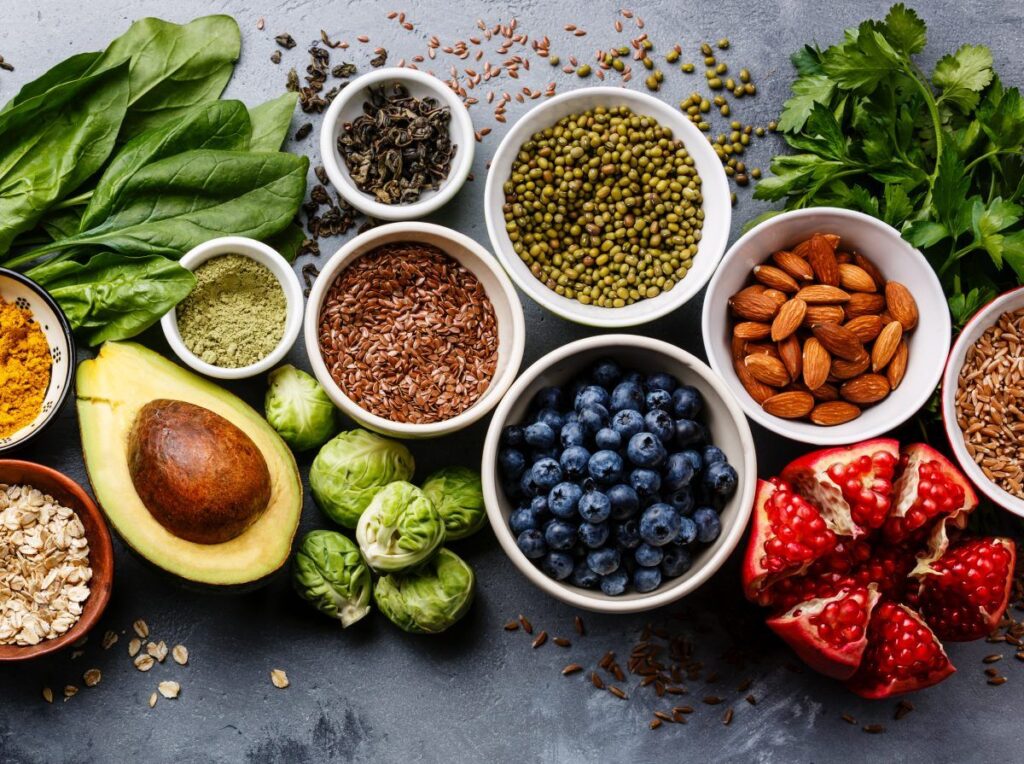A sustainable diet is an eating plan that aims to reduce negative environmental impact while still providing adequate nutrition. The production of meat has a huge impact on the environment, so healthy meat intake should be limited to a few times a week at most. A sustainable diet is about making sure that future generations are able to live with clean water and air, without fear of famine or war over resources. While eating healthy foods will always be important for our health, there is no need to suffer from boredom when trying something new!
It aims to reduce negative environmental impact.
- A sustainable diet is an eating plan that aims to reduce negative environmental impact while still providing adequate nutrition.
- A sustainable diet is not a diet that is necessarily low in calories or fat; it just takes into consideration the environment in which you live and the resources available, like food.
- Sustainable diets are good for your health and for our planet!

A sustainable diet should be high in fresh fruits and vegetables.
To start, you should make sure that your diet is high in fresh fruits and vegetables. Not only are they packed with vitamins, minerals, fiber and antioxidants which are good for your body’s health, but they can also be prepared in a variety of ways.
For example:
- if you have some bananas that are too ripe to eat as is (like me right now), try slicing them up and adding them to your cereal or smoothie. If you prefer something more savory, sprinkle them over some yogurt for breakfast!
- Or perhaps you have an abundance of tomatoes from your garden? Chop them up and add them to pasta sauce or soup! Eating fresh produce doesn’t have to be boring — there are so many options when it comes down to how we prepare our meals each day

Meat consumption should be limited
It’s true that meat has a much bigger environmental impact than vegetables and grains. The production of meat requires significantly more water, land, and energy than crops—and it also results in far more greenhouse gas emissions.
Meat production is especially harmful because it uses up natural resources and produces greenhouse gases at an accelerated rate (in addition to creating other pollutants).
To reduce your carbon footprint, you should limit your intake of animal-based products as much as possible—whether they’re meat or dairy products like cheese or eggs. Meatless meals should ideally be the norm; if you do eat meat occasionally (less than once per week), try using it sparingly as a condiment rather than making it the main dish.
Improving our health and helping the planet
A sustainable diet can improve our health and help preserve our planet at the same time. A sustainable diet is an eating plan that aims to reduce negative environmental impact while still providing adequate nutrition. This can be achieved by reducing or eliminating meat consumption, eating more locally grown foods, and purchasing food products with less packaging. Achieving this goal may seem daunting at first, but it doesn’t have to be! By making small changes in the way you shop for groceries or order takeout, you can make a positive impact on both your own health and the environment overall.
For example: Instead of buying packaged snacks from the grocery store (which usually contain too much salt), try making homemade granola bars instead! It’s easy to customize these treats with whatever nuts and seeds you have on hand—and they taste better than anything you could buy pre-made in plastic packaging anyway!
So, what does a sustainable diet look like? It’s one that is rich in whole grains, fruits and vegetables. It’s also one that limits processed foods (like candy), refined sugars and unhealthy fats. A good example of this type of diet would be organic foods grown locally by people who care about the environment and their communities.




